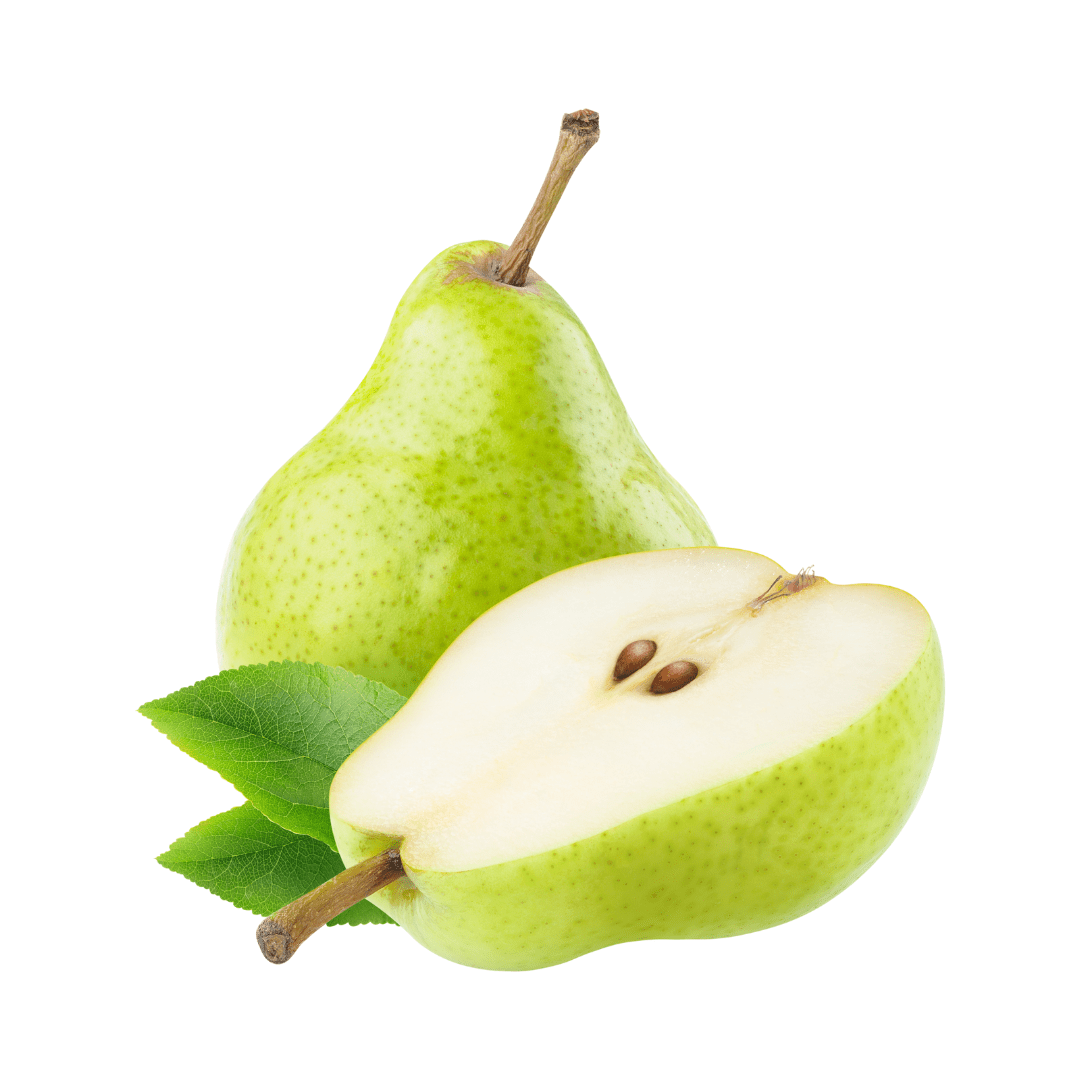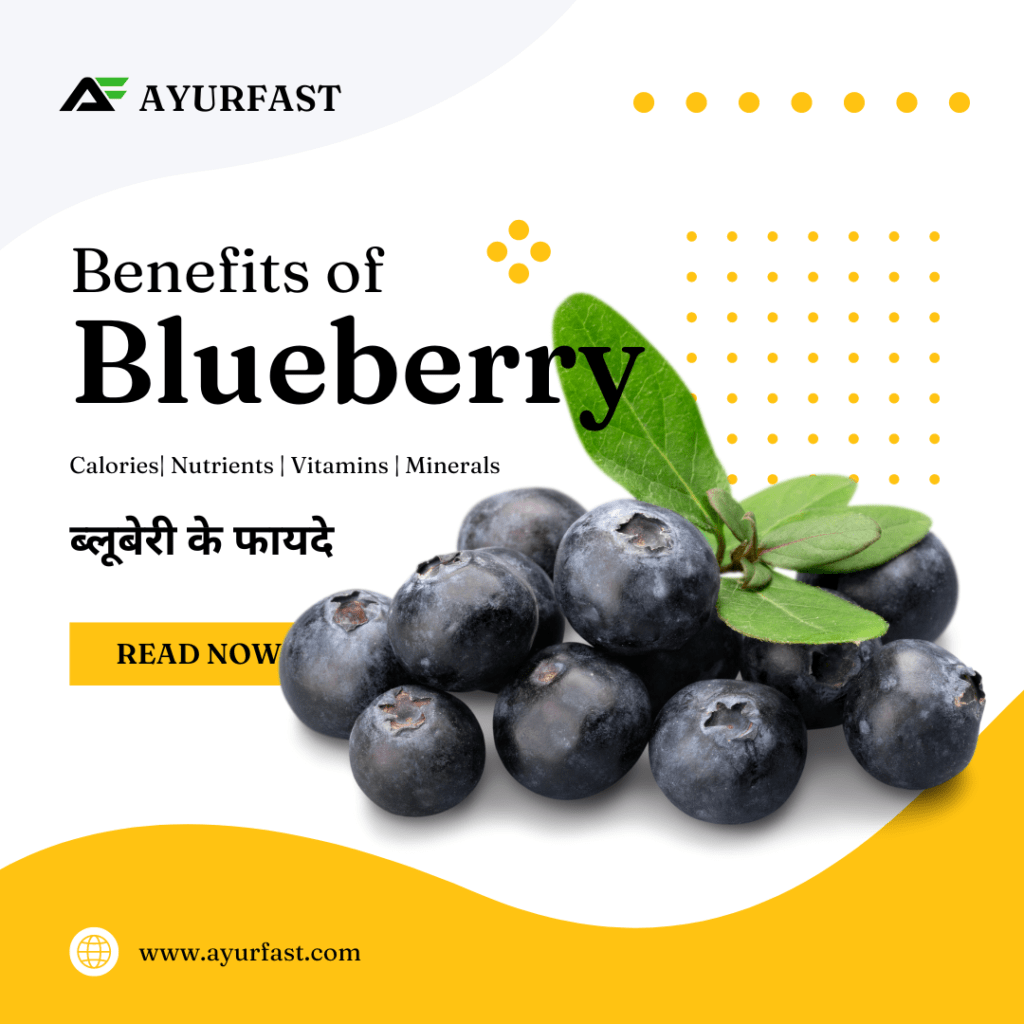About
Pear is a sweet and juicy fruit that belongs to the Rosaceae family. It has a bell-shaped body and a firm texture, and it is a good source of fiber, vitamins, and minerals.
Health Benefits of Pear:
-
Promotes Digestion: Pears are high in fiber, which can help promote healthy digestion and prevent constipation.
-
Boosts Immunity: Pears are rich in vitamin C, which can help boost the immune system and protect the body against infections.
-
Reduces Inflammation: Pears contain flavonoids and other compounds that have anti-inflammatory properties and may help reduce inflammation in the body.
-
Regulates Blood Sugar: Pears are low in glycemic index, which means they can help regulate blood sugar levels and prevent the risk of diabetes.
-
Improves Heart Health: Pears contain potassium, which can help regulate blood pressure and improve heart health.
-
Good for Bones: Pears are a good source of calcium and vitamin K, which are essential for bone health.
Diseases that Pear can help prevent or manage:
- Digestive Issues
- Inflammation
- High Blood Pressure
- Type 2 Diabetes
- Heart Disease
- Osteoporosis
Nutritional Information:
Energy: 48 calories
Macro Nutrients:
| Nutrient | Amount per serving (50g) |
|---|---|
| Carbohydrates | 12.7g |
| Fats | 0.1g |
| Proteins | 0.3g |
| Fiber | 2.5g |
| Water | 36.8g |
Vitamins:
| Vitamin | Amount per serving (50g) |
|---|---|
| Vitamin A | 26.8 IU |
| Vitamin B1 (Thiamine) | 0.01 mg |
| Vitamin B2 (Riboflavin) | 0.01 mg |
| Vitamin B3 (Niacin) | 0.1 mg |
| Vitamin B6 | 0.02 mg |
| Vitamin B12 | 0 mcg |
| Vitamin C | 2.6 mg |
| Vitamin D | 0 mcg |
| Vitamin E | 0.1 mg |
| Vitamin K | 3.3 mcg |
| Folate | 4.5 mcg |
| Biotin | 0.1 mcg |
Minerals:
| Mineral | Amount per serving (50g) |
|---|---|
| Calcium | 6 mg |
| Iron | 0.1 mg |
| Iodine | 0 mcg |
| Zinc | 0.1 mg |
| Magnesium | 6 mg |
| Phosphorus | 12 mg |
| Potassium | 95 mg |
| Sodium | 0 mg |
| Chloride | 0 mg |
| Copper | 0.02 mg |
| Chromium | 0 mcg |
| Fluoride | 0 mcg |
| Molybdenum | 0 mcg |
| Manganese | 0.05 mg |
| Selenium | 0 mcg |
What are the health benefits of eating pears?
Pears are rich in fiber, vitamins, and minerals, which promote healthy digestion, boost immunity, and reduce inflammation.
How can pears aid in digestion?
The high fiber content in pears helps promote regular bowel movements and prevents constipation.
Are pears a good source of vitamin C?
Yes, pears are a good source of vitamin C, which is essential for a healthy immune system.
Do pears have anti-inflammatory properties?
Yes, pears contain flavonoids and other compounds that have anti-inflammatory properties, helping to reduce inflammation in the body.
Can pears help regulate blood sugar levels?
Yes, pears have a low glycemic index, which helps regulate blood sugar levels and reduces the risk of diabetes.
How can pears improve heart health?
Pears contain potassium, which helps regulate blood pressure and improve heart health.
Are pears beneficial for bone health?
Yes, pears are a good source of calcium and vitamin K, which are essential for maintaining strong bones.
What diseases can pears help prevent or manage?
Pears can help prevent or manage digestive issues, inflammation, high blood pressure, type 2 diabetes, heart disease, and osteoporosis.
How many calories are in 50g of pears?
There are 48 calories in 50g of pears.
What is the vitamin content of pears?
Pears contain vitamins A, B1, B2, B3, B6, C, D, E, and K.
Are there any minerals in pears?
Yes, pears contain minerals such as calcium, iron, magnesium, phosphorus, potassium, copper, and manganese.
How do pears promote skin health?
The vitamin C in pears is essential for collagen production, which contributes to healthy and radiant skin.
Can pears help in preventing certain diseases?
Pears' nutritional content may help reduce the risk of certain conditions like constipation, cancer, and heart disease.
Are there different varieties of pears available?
Yes, there are various types of pears, including Bartlett, Bosc, Anjou, and Asian pears, each with its unique flavor and characteristics
How can pears be incorporated into daily meals?
Pears can be enjoyed fresh, sliced in salads, or used in cooking, baking, and smoothies.
How should ripe pears be selected at the market?
Ripe pears should feel slightly soft when gently pressed near the stem.
Can pears be used for preserving or canning?
Yes, pears can be canned or preserved to enjoy them throughout the year.
Is pear juice a good option for hydration?
Yes, pear juice can be a refreshing and hydrating option, especially during hot weather.









